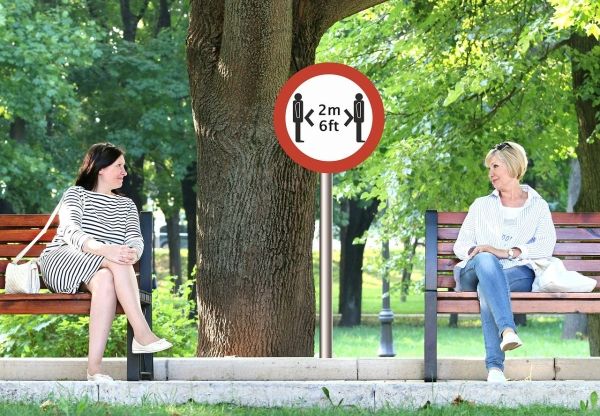A new analysis of COVID-19 outbreaks in 58 cities has found that places that took longer to begin implementing social distancing measures spent more time with the virus rapidly spreading than others that acted more quickly.
In a new paper from epidemiological researchers at The University of Texas at Austin, now in press with the CDC’s journal Emerging Infectious Diseases, researchers studied cities throughout China and analyzed when first cases were detected, when social distancing measures were implemented and when the outbreak was considered contained. The team found that every day a city delayed in implementing social distancing measures after the appearance of a first case added 2.4 days to the length of the outbreak.
“Every day saves time, saves effort, saves people becoming infected and probably saves lives,” said Lauren Ancel Meyers, a professor of integrative biology who leads the UT Austin COVID-19 Modeling Consortium. “This is particularly important as we think about the coming weeks and months.”
The findings are applicable both to communities experiencing their first outbreaks and those that may see a resurgence in the coming months, Meyers said. Waiting a week after early signs of resurgence might require about 17 more days of social distancing to slow the spread of the pandemic, according to the data.
Read more at University of Texas at Austin
Photo Credit: Tumisu via Pixabay


